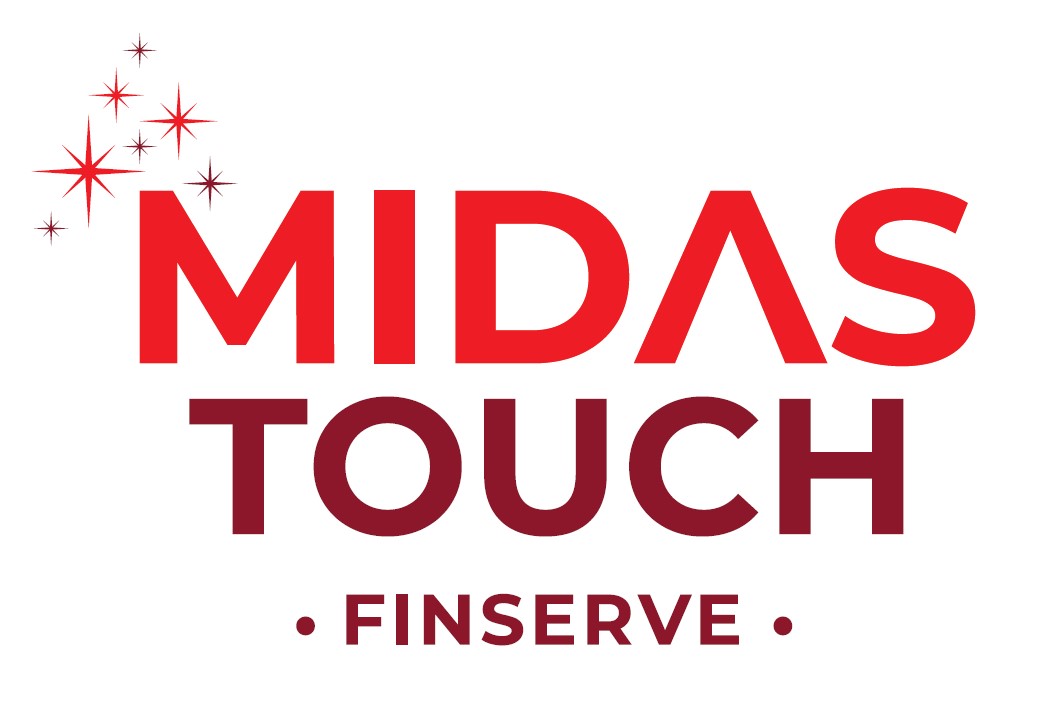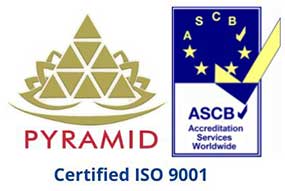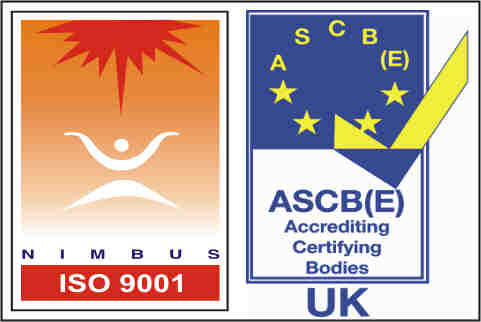NEFT (National Electronic Funds Transfer), RTGS (Real-Time Gross Settlement), IMPS (Immediate Payment Service), and UPI (Unified Payments Interface) are all electronic funds transfer mechanisms used in India, but they differ in terms of transaction speed, limits, and the types of transactions they support. Here’s a brief overview of each:
NEFT (National Electronic Funds Transfer):
Transaction Time: NEFT transactions are settled in batches, and the transfer is not instantaneous. It operates on a deferred settlement basis.
Transaction Limits: NEFT doesn’t usually have a maximum transaction limit, but some banks may impose limits based on their policies.
Timings: NEFT transactions can be initiated during the working hours of the bank and on working days.
RTGS (Real-Time Gross Settlement):
Transaction Time: RTGS offers real-time settlement, meaning the transactions are processed immediately as they are received.
Transaction Limits: RTGS is typically used for high-value transactions. There is usually a minimum transaction limit, and the maximum limit can vary from bank to bank.
Timings: RTGS transactions are processed during the working hours of the respective bank, and they are available on working days.
IMPS (Immediate Payment Service):
Transaction Time: IMPS provides instant fund transfer, 24/7, including weekends and holidays.
Transaction Limits: IMPS is suitable for both small and large transactions. The limits may vary from bank to bank.
Transfer Mechanism: Initially, IMPS used mobile numbers and MMID (Mobile Money Identifier), but it has been largely succeeded by UPI for mobile-based transactions.
UPI (Unified Payments Interface):
Transaction Time: UPI provides instant fund transfer, 24/7, including weekends and holidays.
Transaction Limits: UPI is suitable for both small and large transactions. The limits may vary from bank to bank.
Transfer Mechanism: UPI enables users to link multiple bank accounts to a single mobile application, allowing seamless fund routing and merchant payments. It uses a Virtual Payment Address (VPA) for identification.
In summary, NEFT and RTGS operate on a deferred and real-time settlement basis, respectively, and are typically used for larger transactions. IMPS and UPI, on the other hand, are designed for instant fund transfers and are more suitable for smaller transactions, with UPI being the more modern and widely used interface for mobile-based transactions.



